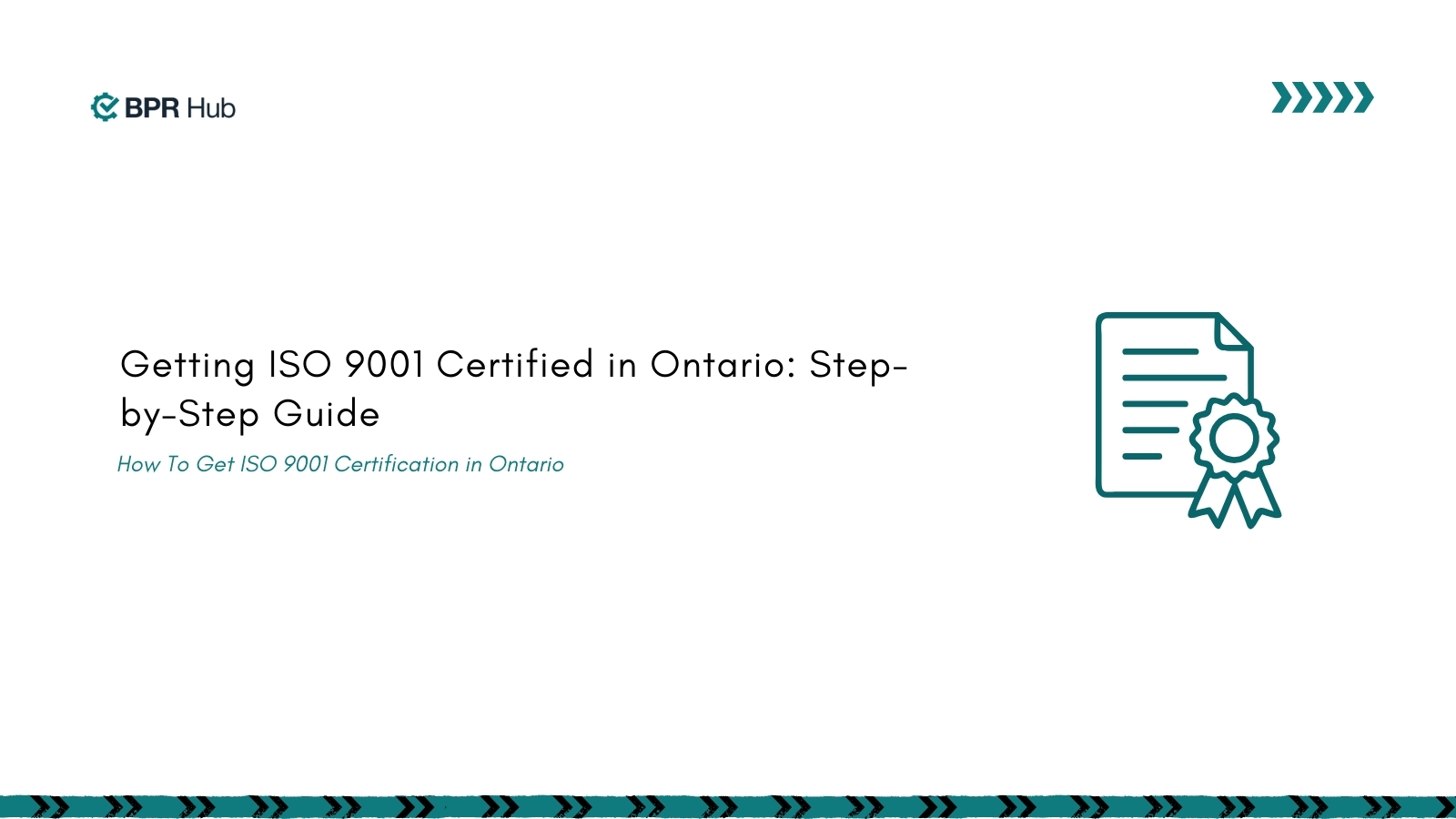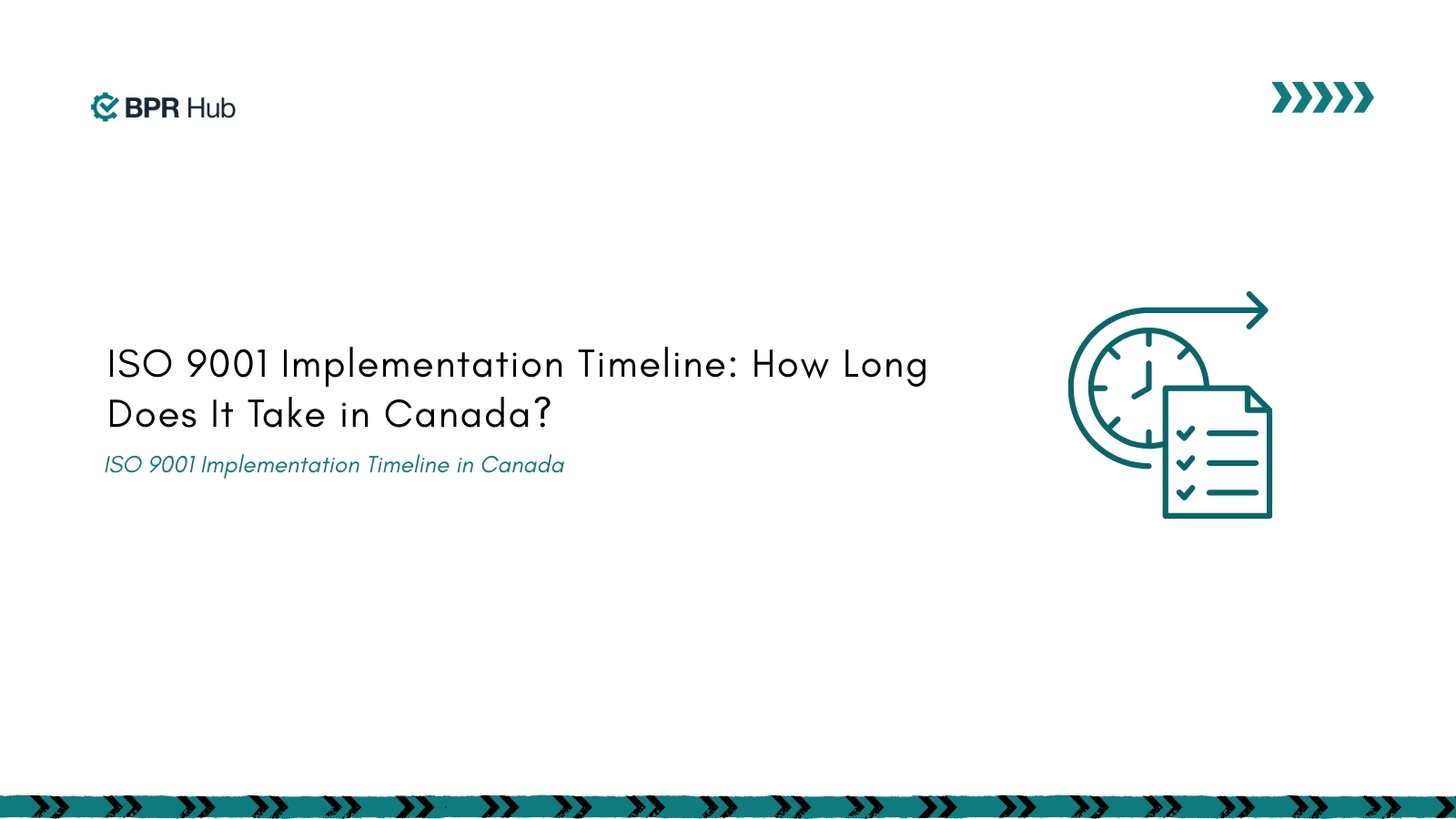We've all heard the stories: companies facing hefty fines, damaged reputations, and even legal trouble due to regulatory missteps. But what exactly is compliance with regulations, and why does it matter so much? In this blog post, we'll break down the technicalities and delve into the real-world implications of compliance. From understanding regulations and standards to uncovering their tangible impact on businesses, we’ll focus on how they shape operations, mitigate risks, and drive sustainable success.
Ensuring compliance with regulations is critical for manufacturing companies committed to ethical operations, legal integrity, and maintaining stakeholder trust. So, whether you're a seasoned business owner or just starting, let's navigate the regulatory landscape together.
Understanding Regulatory Compliance
Regulatory compliance involves following the laws, regulations, standards, and ethical guidelines relevant to your industry. For manufacturers, this includes a wide range of rules that govern product safety, quality control, environmental protection, and workplace safety.
These regulations are designed to ensure that your operations do not pose risks to consumers, employees, or the environment. As industries evolve, so do these regulations, becoming increasingly complex due to factors like technological advancements, environmental concerns, and public safety.
In fact, Manufacturing companies face significant compliance costs, averaging around $20,000 per employee annually, which is nearly double the average across all U.S. industries. These expenses encompass adherence to economic, environmental, and workplace safety regulations, highlighting the substantial financial commitment required to maintain compliance in the manufacturing sector.
The Importance of Regulatory Compliance
Regulatory compliance is crucial for ethical and legal business operations. For manufacturers, it ensures processes meet industry standards, protect consumers, and create a safe working environment.
Beyond avoiding penalties, compliance builds trust with customers, partners, and regulators, positioning your company as a responsible industry leader. Here's why adhering to these standards is key to your manufacturing business’s long-term success and sustainability.
1 Legal and Ethical Operations:
Regulatory compliance ensures your manufacturing processes align with national and international laws. This not only guarantees legal operations but also promotes ethical practices. Complying with these laws reflects your company’s commitment to corporate social responsibility (CSR), ensuring that your operations do not exploit resources or put consumers at risk. Ethical operations foster a positive corporate image, encouraging both customer loyalty and investor confidence.
2 Risk Mitigation:
Adhering to regulatory requirements reduces your risk of facing legal actions such as lawsuits, fines, or penalties. Non-compliance can result in severe consequences, including production halts, product recalls, or even business closures.
By integrating compliance into everyday operations, manufacturers can safeguard themselves from these risks, creating a more secure operational environment.
As seen in the framework below, businesses can categorize risks based on their inherent and residual impacts. By implementing strategies to reduce vulnerabilities and enhance risk mitigation, companies can better safeguard their operations from compliance-related challenges.

3 Stakeholder Trust:
Consistently adhering to regulations not only demonstrates integrity but also strengthens relationships with key stakeholders. By showing a commitment to compliance, companies signal transparency and reliability, fostering confidence among customers, investors, and business partners. Regulatory adherence also reduces scrutiny from regulators, which can lead to smoother operations and fewer interruptions from audits or investigations.
Compliance is about protecting your reputation while ensuring your business stays secure and risk-free. Aligning your operations with regulatory standards shows that you are committed to ethical practices and long-term sustainability. This proactive approach reduces the likelihood of legal issues and reinforces your company's credibility in the eyes of customers, partners, and industry authorities.
Ready to protect your reputation and build trust with ease? Contact us today for a one-stop solution for all your compliance needs.
Consequences of Non-Compliance
Failing to adhere to regulatory requirements can have far-reaching consequences for your business. From financial setbacks to operational disruptions, non-compliance can severely impact both your bottom line and your reputation.
Let’s explore the key risks associated with not meeting compliance standards.
1 Financial Penalties:
Failing to comply with regulations can lead to significant financial repercussions. Non-compliance often results in hefty fines, which can damage your company’s financial stability. In some cases, these penalties can amount to millions of dollars, particularly in sectors with strict regulations like pharmaceuticals, chemicals, or food production. Besides direct fines, non-compliance may also lead to compensatory damages, lawsuits, and higher insurance premiums.
The financial repercussions of non-compliance can be staggering. For instance, the General Data Protection Regulation (GDPR) imposes significant fines for violations. The table below illustrates the total fines associated with different types of GDPR violations as of September 2024:

2 Operational Disruptions:
Regulatory bodies can impose temporary shutdowns, production stoppages, or product recalls when compliance issues are identified. These disruptions can have a cascading effect on supply chains, delaying delivery schedules, reducing output, and ultimately affecting revenue. In worst-case scenarios, regulatory bodies can revoke operational licenses, leading to longer-term business interruptions.
3 Reputational Damage:
Non-compliance can severely damage your company’s reputation, both with the public and within the industry. News of regulatory violations can lead to negative press, reducing consumer trust and tarnishing your brand image.
This reputational damage can be long-lasting, leading to a loss of customers, difficulty attracting investors, and strained relationships with business partners. Real-life examples demonstrate how failing to comply with regulations can lead to severe reputational damage. For instance, Be Informed’s study on The Cost of Non-Compliance outlines key lessons from manufacturers that faced such consequences.
Benefits of Ensuring Regulatory Compliance
Ensuring regulatory compliance not only safeguards your business from legal pitfalls but also provides several strategic advantages. From building customer trust to gaining a competitive edge, proactive compliance can positively influence various aspects of your business.
Let’s explore the essential advantages that come with adhering to regulatory compliance.
1 Avoidance of Legal Issues:
Proactive compliance prevents the need for legal intervention and minimizes the chances of litigation. By following regulations, companies avoid costly legal battles and can focus their resources on innovation and growth instead of resolving compliance issues. Staying compliant also protects against unexpected costs associated with legal disputes, such as attorney fees or settlements.
According to the Thomson Reuters 2023 Cost of Compliance Report, 73% of firms are anticipating increased regulatory activity, making proactive compliance more important than ever for avoiding costly legal issues.
2 Customer Trust and Loyalty:
Customers today expect businesses to operate ethically and responsibly. Demonstrating your adherence to compliance standards assures them that your products are safe and reliable. This can lead to increased customer loyalty and positive word-of-mouth, as consumers are more likely to support brands they trust. Proactive compliance also helps set your business apart from competitors who may not prioritize these standards.
3 Competitive Advantage:
In industries with strict regulations, compliance can be a defining factor that differentiates your business. By consistently meeting regulatory requirements, you position your company as a trustworthy and responsible leader. This not only attracts high-value clients and partners but also opens up opportunities in markets with stringent entry regulations, such as those in the EU, giving you a competitive edge over companies that cut corners.
Stay ahead with seamless compliance management. BPRHub helps you meet standards, build trust, and focus on growth. Get in touch for a free consultation and see how we can simplify compliance and empower your business!
Key Regulatory Compliance Frameworks
Manufacturing companies are often required to follow several regulatory frameworks, which set the standards for product safety, environmental stewardship, and employee well-being. Some key frameworks include:
- ISO 9001 (Quality Management Systems): ISO 9001 applies across industries, setting criteria for creating a robust Quality Management System (QMS). It focuses on risk management, process optimization, and continuous improvement to help organizations consistently deliver products and services that meet customer expectations and regulatory requirements. This framework is essential for maintaining operational efficiency and ensuring stakeholder satisfaction.
- ISO 13485 (Medical Devices): ISO 13485 is specifically designed for the healthcare and medical device industries. It provides requirements for a QMS tailored to the design, production, and servicing of medical devices. The standard emphasizes product safety, risk management, and strict regulatory compliance to ensure devices are effective and safe for patient use. Adopting ISO 13485 demonstrates a commitment to quality in this highly regulated sector.
- OSHA (Occupational Safety and Health Administration): The OSHA framework is critical for manufacturing and construction industries, focusing on employee health and workplace safety. OSHA standards address machinery safety, chemical handling, and hazard identification to minimize workplace risks and prevent accidents. Compliance not only safeguards employees but also reduces potential legal liabilities and boosts productivity by fostering a safer work environment.
- EPA (Environmental Protection Agency): For manufacturing, automotive, and energy sectors, EPA regulations focus on minimizing the environmental impact of industrial activities. These regulations cover pollution control, hazardous waste management, and emissions reduction, encouraging sustainable practices that protect human health and the environment. Compliance with EPA standards demonstrates environmental stewardship and aligns with growing sustainability expectations.
- ISO 27001 (Information Security Management): ISO 27001 is essential for technology-driven and data-centric industries, offering a framework to establish an Information Security Management System (ISMS). It prioritizes safeguarding sensitive information, mitigating cyber risks, and ensuring compliance with global data protection laws. Implementing this standard enhances trust in data security practices, a key factor in today’s digital economy.
- ISO 14001 (Environmental Management Systems): ISO 14001 focuses on environmental management, particularly for manufacturing and energy sectors. It provides a framework for organizations to improve resource efficiency, reduce waste, and minimize their ecological footprint. Compliance with ISO 14001 not only meets environmental laws but also supports corporate social responsibility initiatives, enhancing a company’s reputation.
- ISO 45001 (Occupational Health and Safety Management): ISO 45001 is critical for industries like construction, manufacturing, and logistics, providing guidelines for creating a safe and healthy workplace. It focuses on identifying potential risks, reducing workplace injuries, and promoting employee well-being. Adopting this standard helps organizations demonstrate a commitment to worker safety and regulatory compliance.
- FDA Regulations (Food and Drug Administration): For healthcare, pharmaceutical, and food manufacturing industries, FDA regulations ensure the safety and efficacy of consumable products. These guidelines cover drug development, medical devices, and food quality control, emphasizing strict compliance to protect public health. Meeting FDA standards is essential for market access and maintaining consumer trust.
Ensuring compliance with regulations under frameworks like ISO, OSHA, and EPA is essential for maintaining operational excellence. By maintaining compliance with regulations, businesses can avoid hefty fines and reduce overall costs.
The compliance NAM Study highlights that small manufacturers spend about $12,800 per employee on compliance, significantly less than the potential penalties for non-compliance, which can exceed €2.4 billion for serious GDPR violations
BPRHub’s integrated platform is designed to track and automate your compliance processes, making it easier for your business to meet ISO, OSHA, and EPA standards effortlessly.
Strategies to Ensure Regulatory Compliance
An effective strategy for compliance with regulations involves staying updated on legal changes and implementing advanced compliance management tools. From identifying applicable laws to leveraging advanced compliance management tools, here are key strategies to help maintain regulatory compliance within your organization.
1 Identify Applicable Regulations:
The first step to compliance is identifying which regulations apply to your operations. This includes understanding federal, state, and local regulations as well as industry-specific standards. For global companies, it’s also crucial to stay updated on international regulations that may affect imports, exports, and production abroad.
2 Develop Compliance Policies and Procedures:
Create comprehensive compliance policies that cover every aspect of your operations, from raw material sourcing to final product delivery. These policies should outline clear steps for meeting regulatory standards, defining the roles and responsibilities of each team member in ensuring compliance.
3 Conduct Regular Audits and Training:
Regular audits are essential for identifying gaps in compliance and making necessary adjustments. Training programs should be implemented to educate employees on the importance of compliance, updates to regulations, and best practices for maintaining compliance in day-to-day operations. Routine audits and training keep the workforce informed and proactive, reducing the risk of non-compliance.
4 Implement Compliance Management Systems:
Leverage digital tools to monitor and manage compliance efforts. Cloud-based platforms, like BPRHub, can streamline the process by automating tasks, tracking regulatory changes, and providing real-time insights. These systems reduce the risk of human error, improve visibility across departments, and ensure that compliance efforts are aligned with the latest regulations.
What’s the Role of a Compliance Officer?
A compliance officer plays a crucial role in ensuring your company adheres to all regulatory requirements. Their responsibilities include implementing compliance programs, conducting audits, addressing non-compliance issues, and developing strategies to mitigate risks.
Compliance officers are also responsible for staying informed about new regulations and guiding the company through complex regulatory changes. They act as the bridge between the company and regulatory bodies, ensuring smooth communication and reducing the likelihood of enforcement actions.
Maintaining regulatory compliance is crucial for avoiding legal risks, safeguarding your reputation, and ensuring smooth operations. By implementing these strategies, you can stay ahead of regulatory changes and protect your business.
How BPRHub Supports Regulatory Compliance
BPRHub’s cloud-based compliance management platform offers an all-in-one solution to streamline your regulatory compliance efforts. Some key features include:
- Live Compliance Data: Access real-time compliance status with integrated data from regulatory bodies, enabling quick issue resolution.
- Workflow Automation: Automate tasks like data entry, document management, and reporting to reduce errors and ensure timely completion.
- Real-Time Insights: Gain analytics to identify compliance gaps and proactively manage risks before they escalate.
- Regulatory Updates: Stay aligned with evolving laws through continuous monitoring and updates, minimizing penalties and disruptions.
Regulatory compliance is more than just a legal obligation; it's a strategic investment in your business's long-term success. With BPRHub, compliance with regulations becomes a streamlined process. Our platform simplifies tasks, automates workflows, and provides real-time insights, allowing you to focus on what matters most: growing your business.
Don't wait any longer. Contact us today to schedule a free consultation and learn how BPRHub can transform your compliance journey.
FAQ’s
1. What is regulatory compliance?
Regulatory compliance refers to an organization's adherence to laws, regulations, guidelines, and specifications relevant to its business operations. This ensures that the organization operates within the legal frameworks established by governing bodies.
2. Why is regulatory compliance important?
Maintaining regulatory compliance is crucial for several reasons:
- Legal Obligations: Ensures adherence to laws, preventing legal penalties.
- Reputation Management: Demonstrates integrity and ethical operations, building trust with stakeholders.
- Operational Efficiency: Encourages standardized processes, leading to improved efficiency.
- Risk Mitigation: Helps identify and manage potential risks, reducing the likelihood of violations.
3. What are common areas subject to regulatory compliance?
Regulatory compliance typically encompasses the following:
- Financial Reporting: Adherence to financial laws and standards.
- Data Protection: Ensuring the privacy and security of personal and organizational data.
- Environmental Regulations: Compliance with laws aimed at protecting the environment.
- Health and Safety: Following regulations to ensure workplace safety and employee well-being.
- Industry-Specific Standards: Meeting standards unique to specific sectors, such as healthcare or finance.
4. What are the consequences of non-compliance?
Failing to comply with regulations can lead to:
- Legal Penalties: Fines, sanctions, or legal action.
- Reputational Damage: Loss of trust among customers and partners.
- Operational Disruptions: Suspension of business activities or loss of licenses.
- Financial Losses: Costs associated with legal fees, fines, and loss of business.
5. How can organizations ensure regulatory compliance?
Organizations can maintain compliance by:
- Staying Informed: Regularly updating knowledge of relevant laws and regulations.
- Implementing Policies: Developing and enforcing internal policies that align with legal requirements.
- Training Employees: Educating staff on compliance obligations and best practices.
- Conducting Audits: Regularly reviewing operations to ensure adherence to regulations.
- Utilizing Compliance Management Systems: Employing tools to monitor and manage compliance efforts effectively.
6. What role does technology play in regulatory compliance?
Technology aids compliance by:
- Automation: Streamlining compliance processes and reducing manual errors.
- Monitoring: Providing real-time tracking of compliance status.
- Reporting: Facilitating accurate and timely reporting to regulatory bodies.
- Training: Offering platforms for employee education on compliance matters.
7. How does regulatory compliance differ across industries?
While all industries must adhere to general laws, each sector faces unique regulations. For example:
- Healthcare: Must comply with patient privacy laws like HIPAA.
- Finance: Subject to financial reporting standards and anti-money laundering laws.
- Manufacturing: Needs to meet safety standards and environmental regulations.
8. Can small businesses afford to implement compliance measures?
Yes, small businesses can and should implement compliance measures. While resources may be limited, the cost of non-compliance—such as fines and reputational damage—can be far greater. Utilizing scalable compliance solutions and seeking expert advice can help manage costs effectively.
9. How often should compliance audits be conducted?
The frequency of compliance audits depends on industry standards and regulatory requirements. However, conducting audits at least annually is a common practice to ensure ongoing adherence to regulations and to identify areas for improvement.
10. What is the future of regulatory compliance?
The landscape of regulatory compliance is continually evolving, with increasing emphasis on data protection, environmental sustainability, and ethical practices. Organizations must remain adaptable, leveraging technology and fostering a culture of compliance to navigate future challenges effectively.
Get insights that help you minimize risks and maximize profits.
Dive deeper into manufacturing compliance with our free resources.
We get it, compliance can get tough.
Here are some additional resources to help.
We get it, compliance can get tough. Here are some additional resources to help.
Get updates in your inbox

.svg)
%20(1).svg)





%20(1).svg)

.avif)

